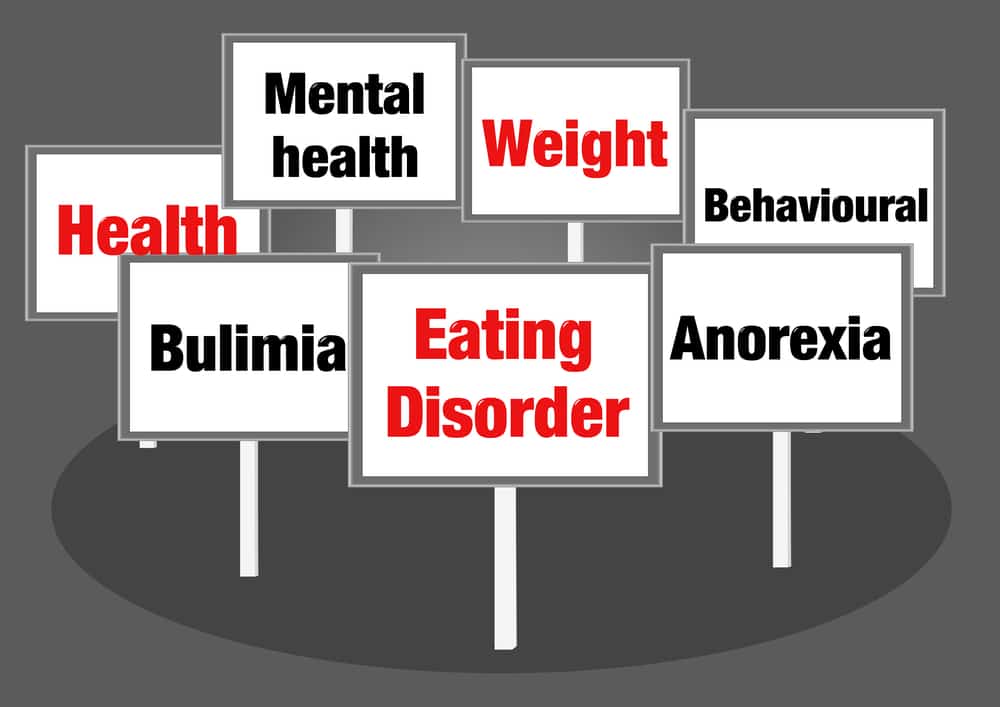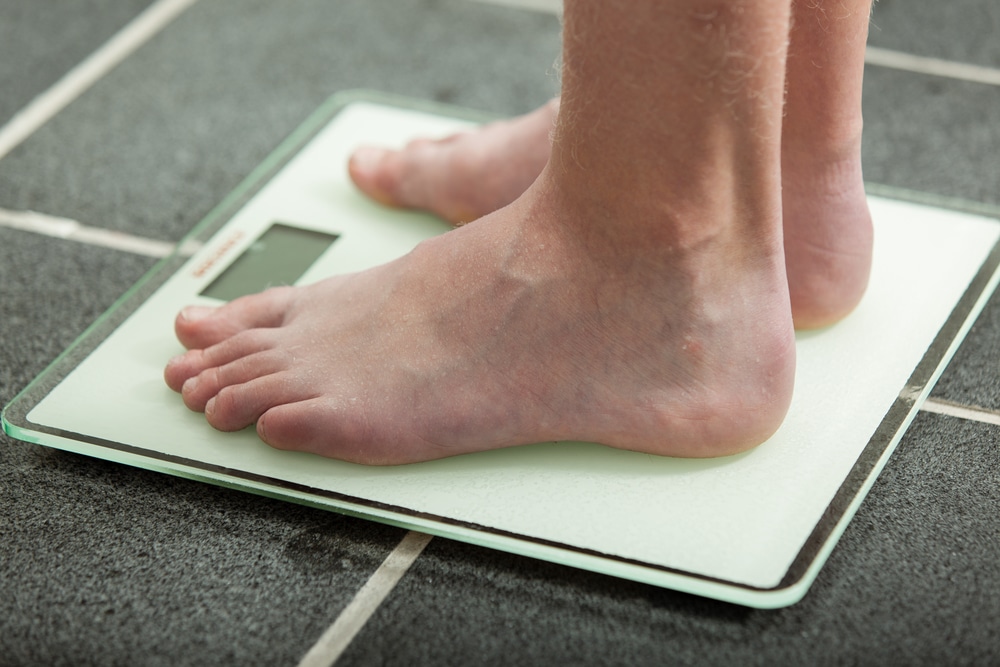
A topic that is not widely discussed is eating disorders in veterans. Eating disorders and body image remain two highly stigmatized issues in both men and women. Often times, eating disorders will go undetected unless a veteran is being screened for one when they see their doctors. Currently, the VA does not routinely screen veterans for eating disorders. Eating disorders are serious disorders that can really affect the body and mind.
What Are Eating Disorders?
According to the American Psychiatric Association, eating disorders are illnesses in which people experience severe disturbances in their eating behaviors and related thoughts and emotions. An eating disorder can be anorexia nervosa, bulimia nervosa, or binge eating disorder. The following is a description of each:
- Anorexia Nervosa is defined as when a person will significantly restrict calories and liquid with a goal to lose weight. Those with anorexia nervosa will also engage in compensating behaviors such as over-exercising to get rid of the food or liquid they have ingested.
- Bulimia Nervosa is when a person will go through cycles of binging and purging mixed with restriction.
- Binge Eating Disorder is when a person will binge but have no compensating behaviors to rid themselves of the food they have ingested.
Some potential signs of an eating disorder include the following:

- Decreased self-esteem based on body shape or weight
- Obsessive calorie counting
- Anxiety about only eating certain foods or food groups
- The inability to control eating habits
- A refusal to eat in restraints out outside of one’s home
- An excessive exercise routine
Eating Disorders in Veterans with a Mental Health Condition
Veterans who are struggling with eating disorders may develop an eating disorder as a way to cope with their PTSD. In many cases, eating disorders occur together with other psychiatric disorders like anxiety, obsessive-compulsive disorder, and alcohol as well as drug abuse problems.
Psychologically, purging can be seen as a way to get rid of unwanted feelings or thoughts and binging can be viewed as a way to fill a void. A lack of eating as well as binge eating is a sign of an eating disorder in veterans. A veteran who suffers from an eating disorder may also experience significant physical emotional and mental stress.
Conditions Related to Eating Issues

Eating disorders can affect every organ system in the body. A veteran who is dealing with an eating disorder may not recognize that the impact of these eating behaviors can lead to other medical conditions such as the risk for obesity, bone loss, gastrointestinal disturbances, low or high blood pressure, neurological conditions, malnutrition and in more severe cases, death.
The sooner a veteran with an eating disorder can seek treatment, the greater the likelihood of physical and emotional recovery. If you are a veteran with an eating disorder, it may be a good idea to speak to your doctors about treatment options. You can use the National Eating Disorders Association Helpline. Here you can find information, support, referrals and treatment options for yourself or a loved one. There is also an online chat function available on their web site as well as an option for text messaging.



